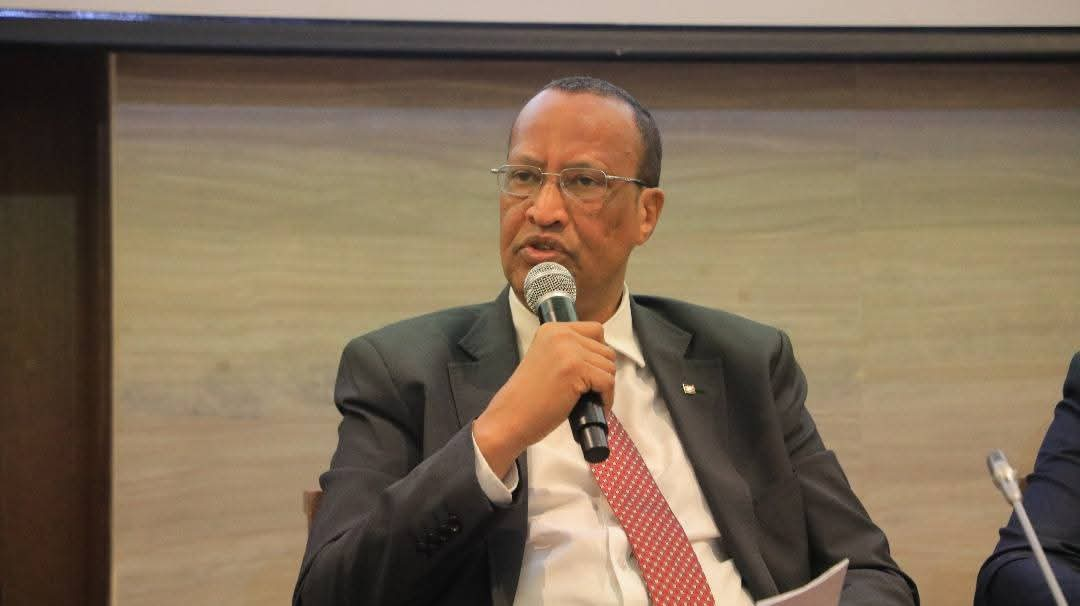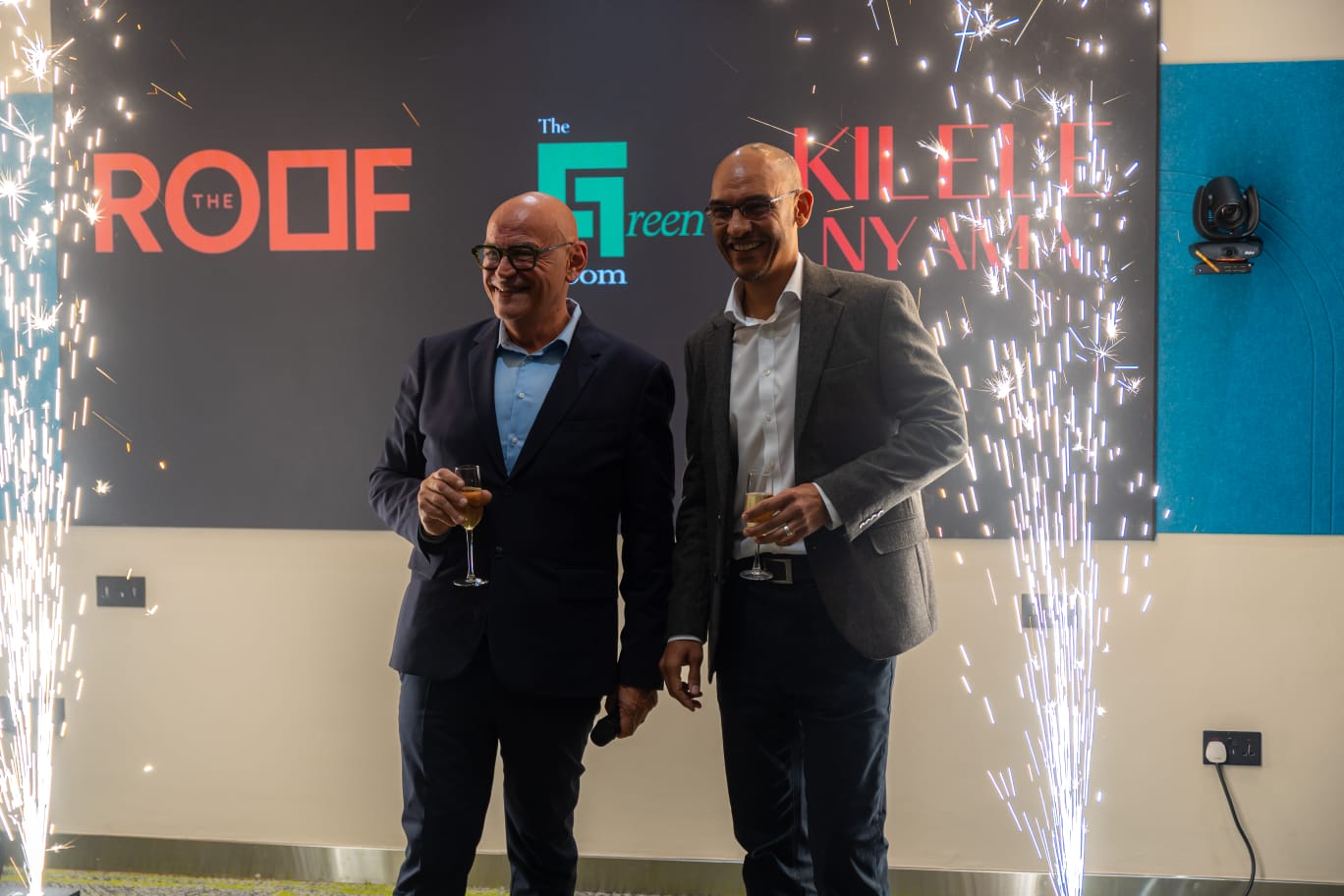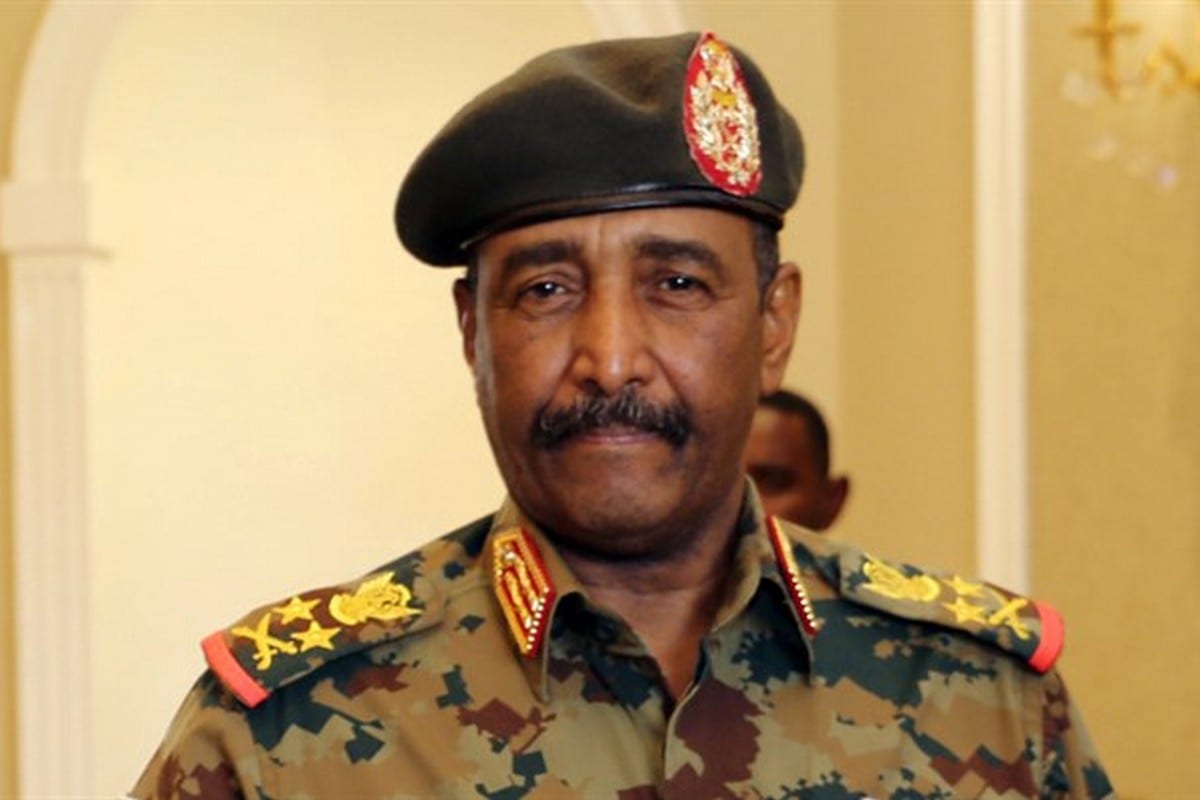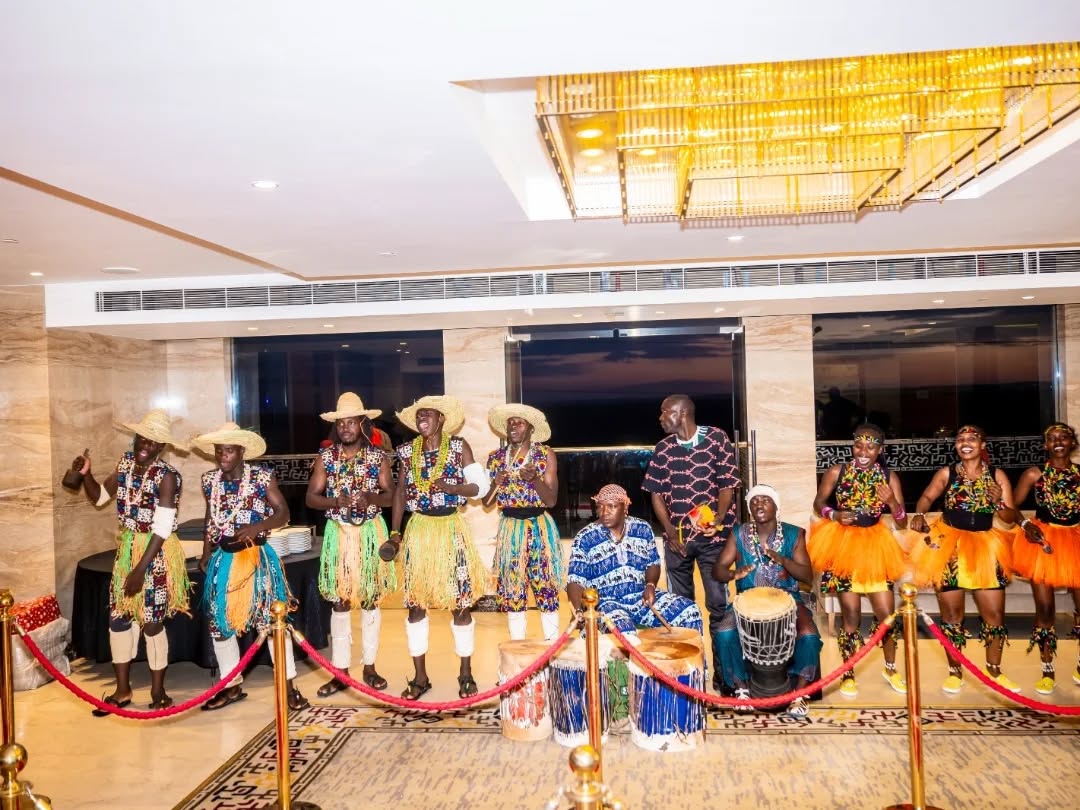
Garissa Governor Nathif Jama Adam has called for immediate and sustainable interventions to address the worsening environmental and social impacts of long-term refugee settlement in Dadaab, northern Kenya.
Speaking during the IGAD High-Level Regional Conference on Improving Livelihoods for Refugees and Host Communities held from October 20–23 in Addis Ababa, Governor Nathif delivered a strong appeal for regional and international action to protect both refugees and host communities from escalating ecological degradation.
He described how over three decades of refugee hosting have taken a heavy toll on Dadaab’s fragile environment, citing widespread deforestation, wildlife poaching, and groundwater depletion driven by uncontrolled borehole drilling. “The situation has reached an intolerable point,” he warned, condemning the continued inaction of international agencies responsible for refugee welfare.
The Governor proposed the adoption of alternative cooking technologies to reduce dependence on firewood and protect indigenous trees, emphasizing that without such measures, the area’s ecosystem risked further collapse.
Governor Nathif also urged a rethink of the global refugee management approach, arguing that protracted encampment is no longer sustainable. Instead, he called for strategies that empower refugees to become self-reliant through sustainable livelihoods.
He voiced strong support for Kenya’s Shirika Plan, which promotes shared prosperity between refugees and host communities through inclusion and economic empowerment.
The IGAD conference brought together regional leaders, policymakers, and development partners to discuss long-term, practical solutions for enhancing resilience and improving the well-being of displaced populations across the Horn of Africa.







